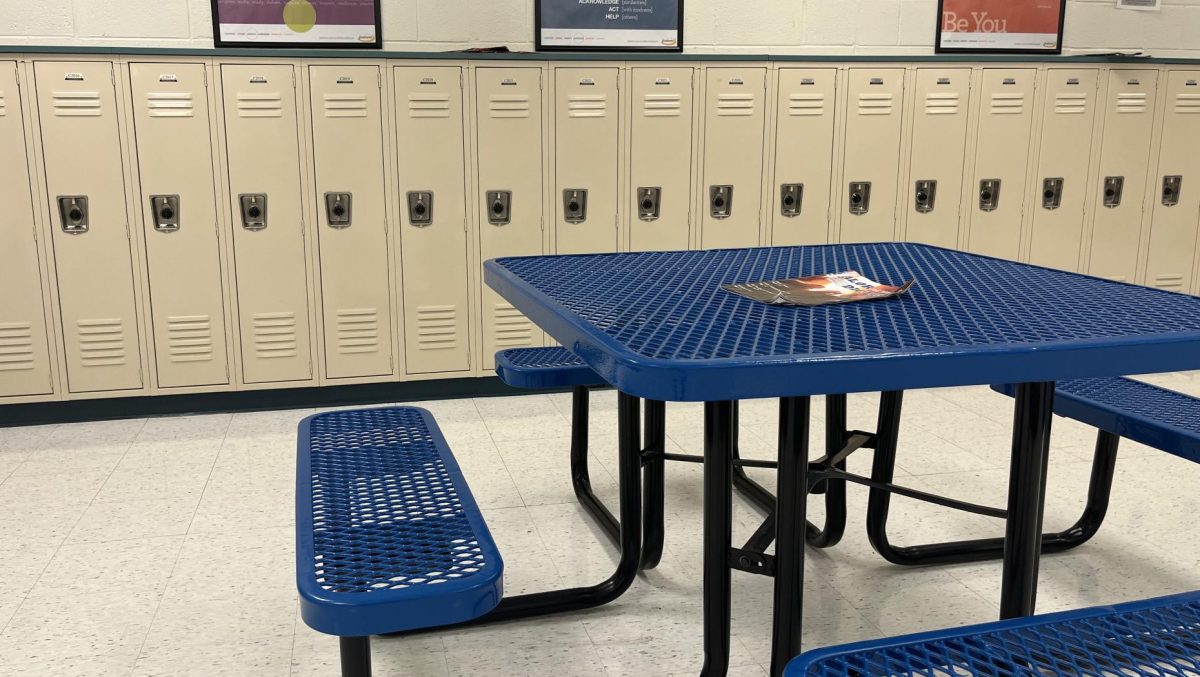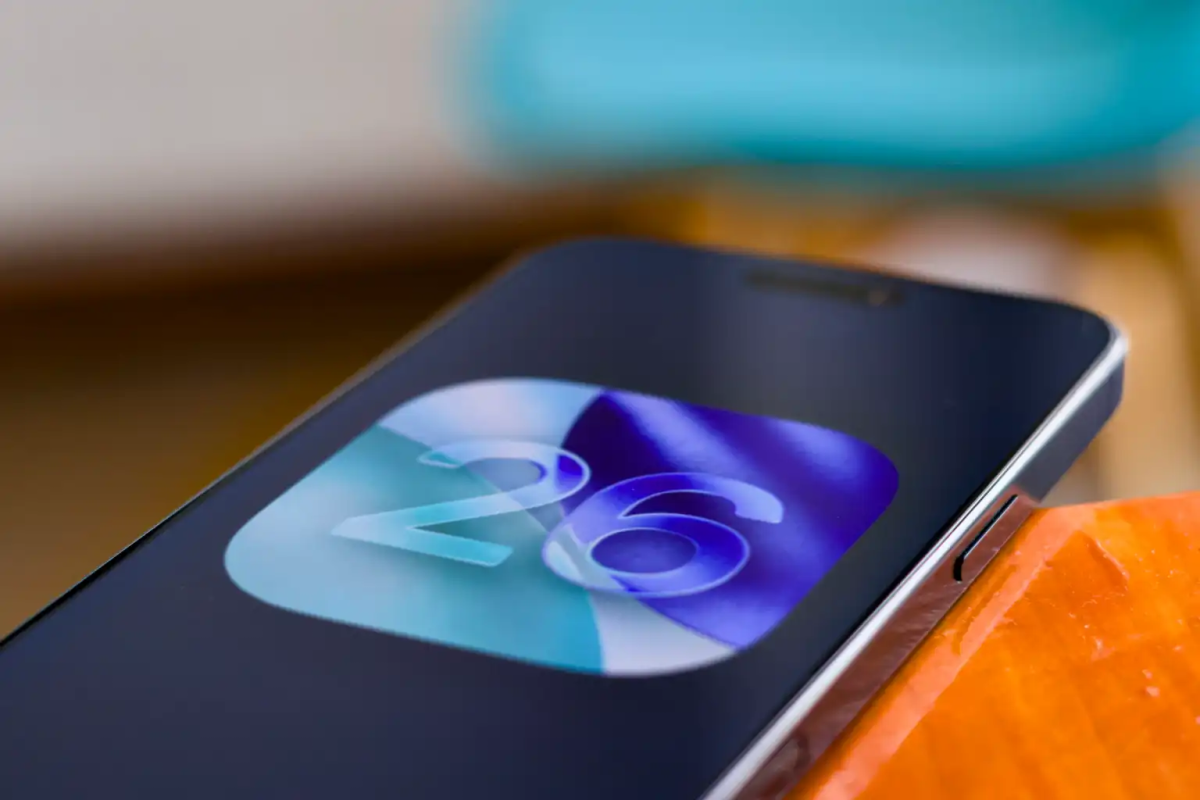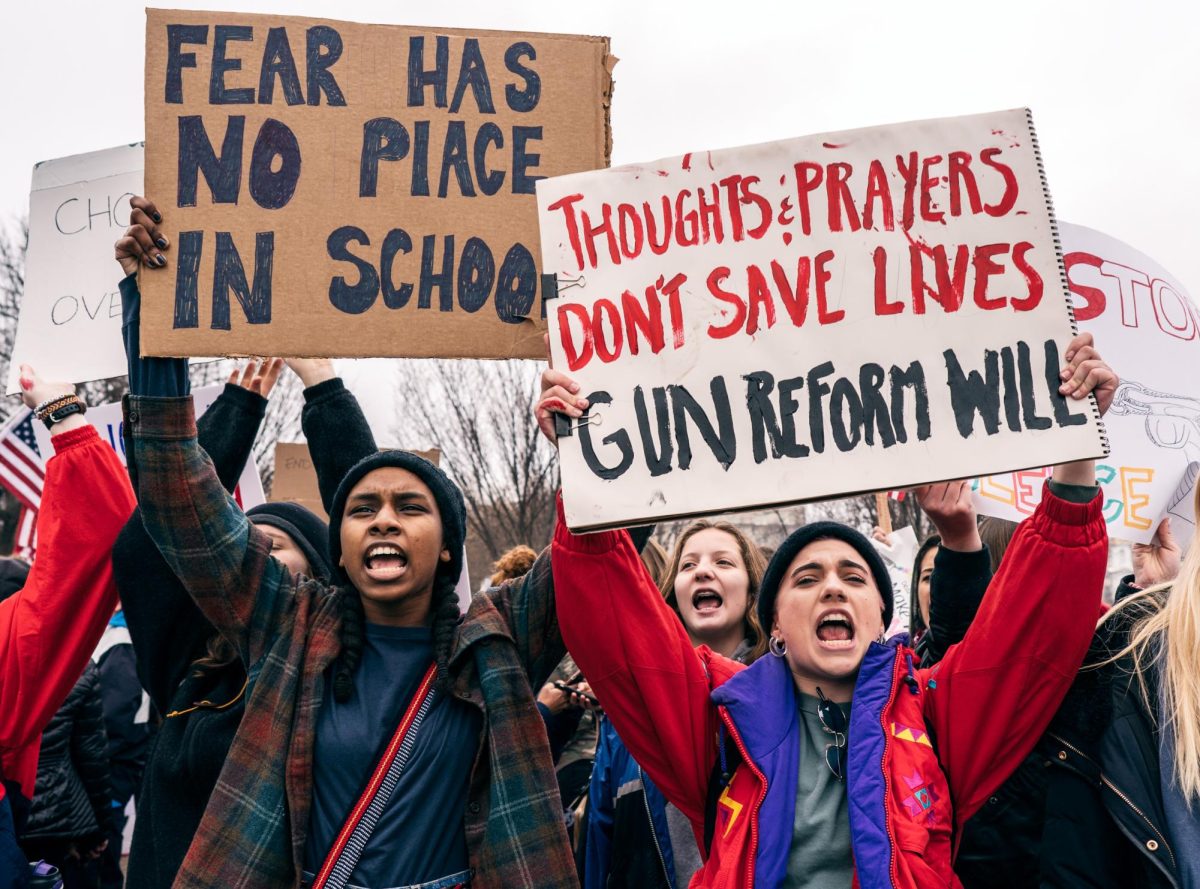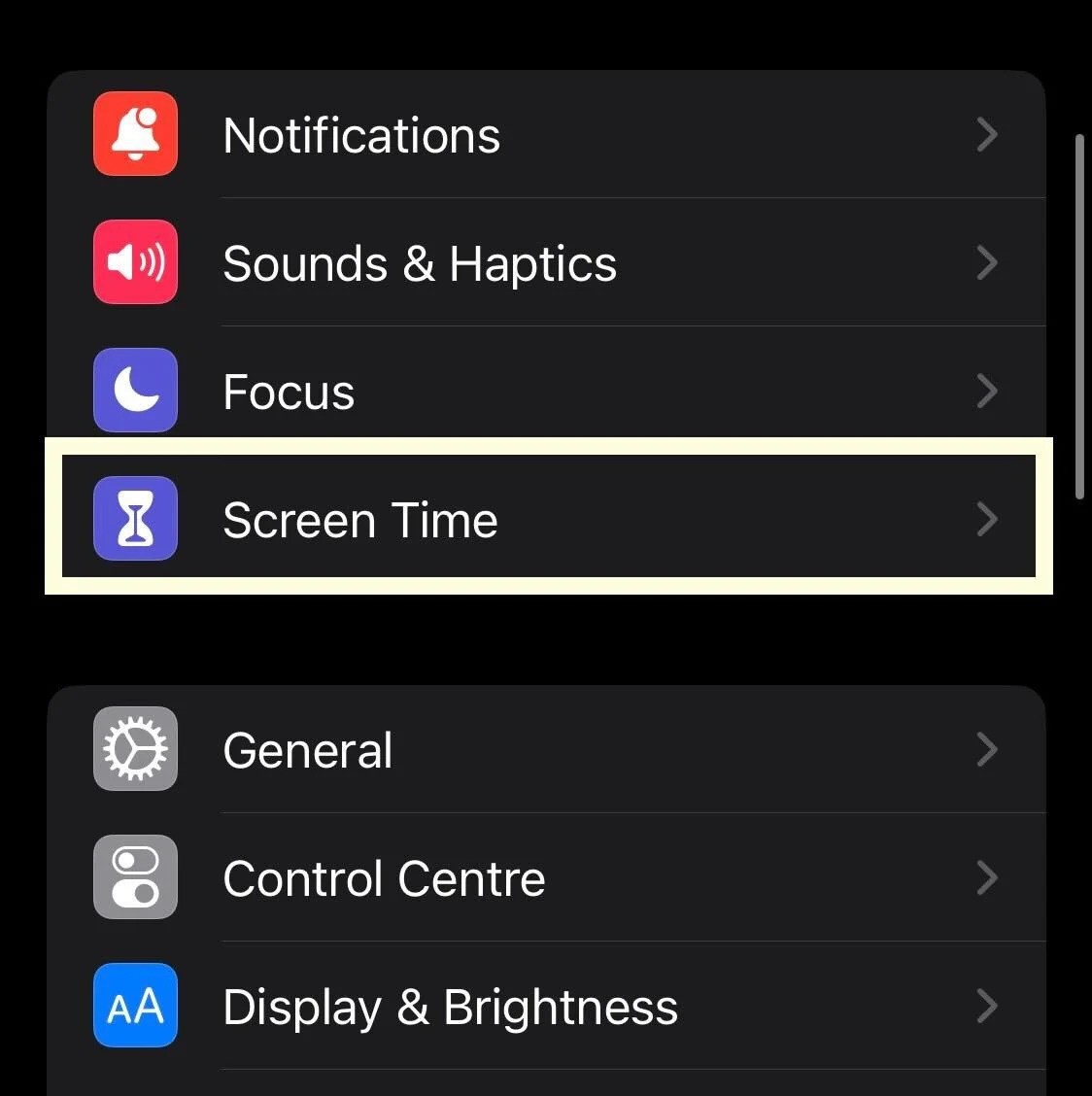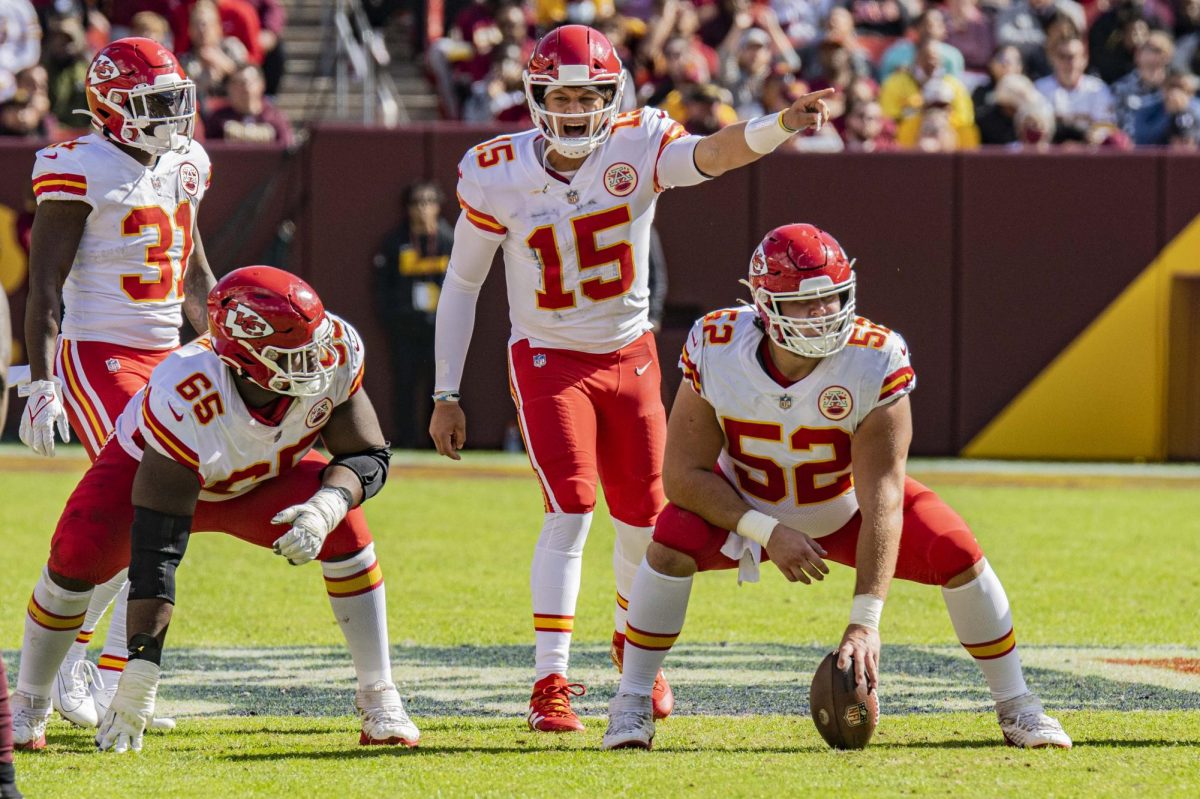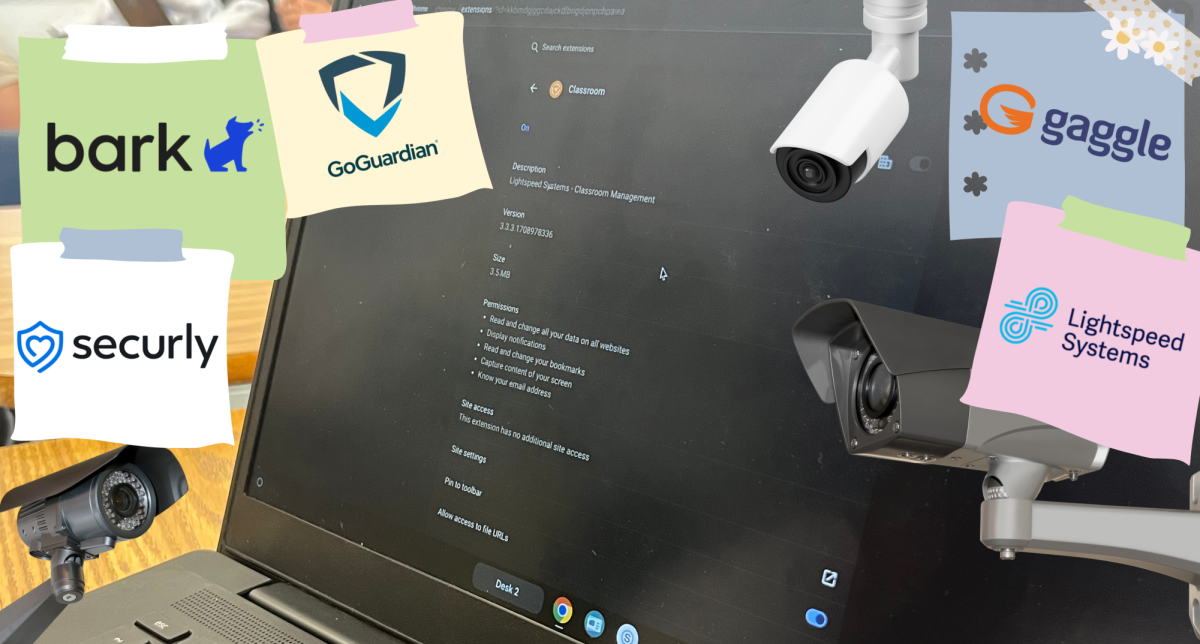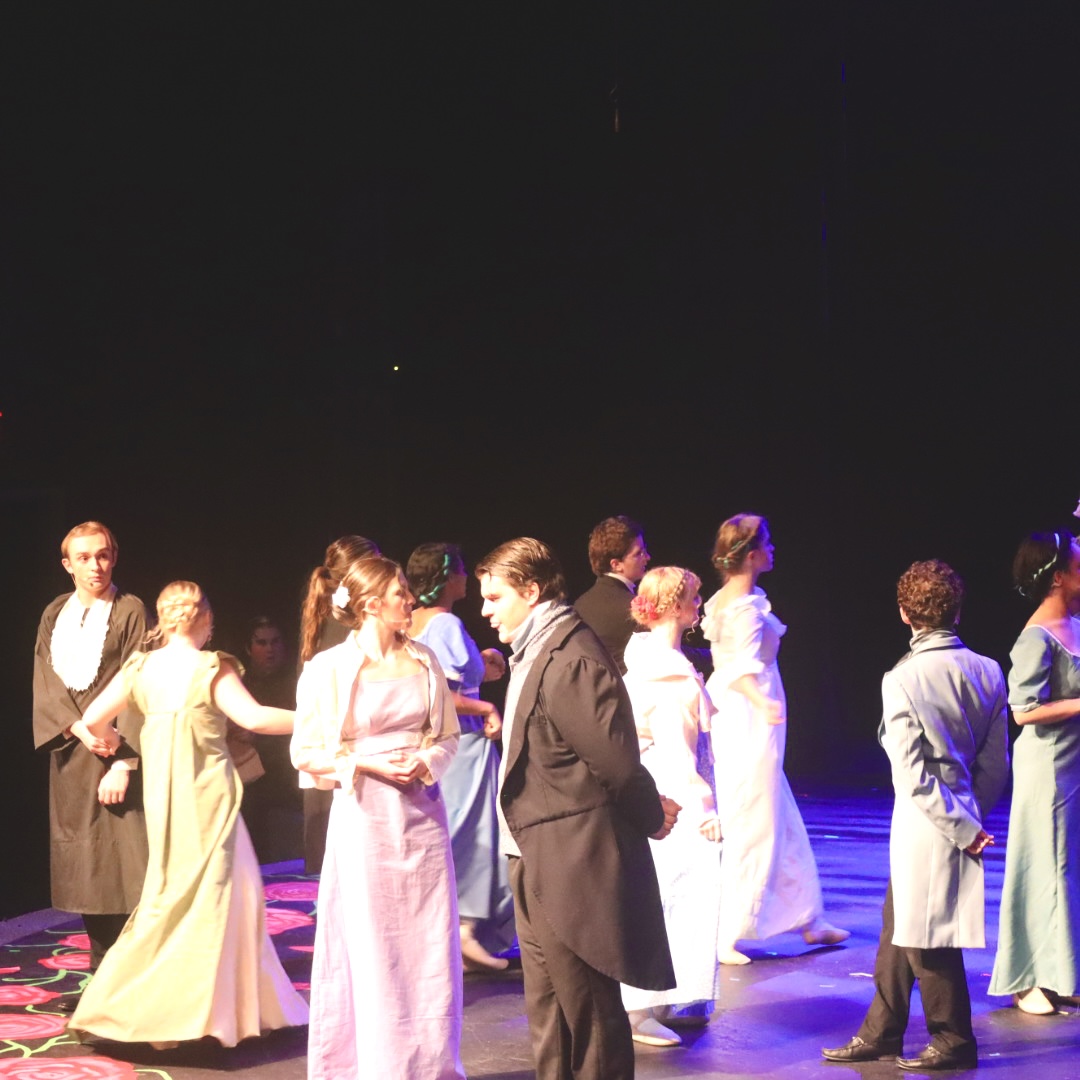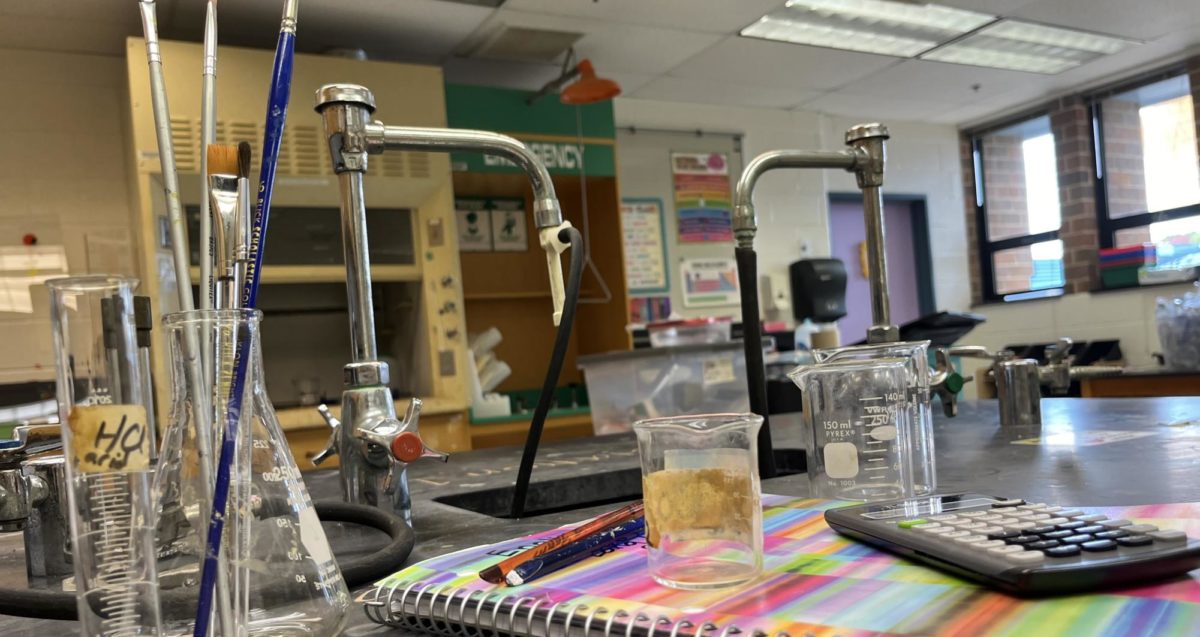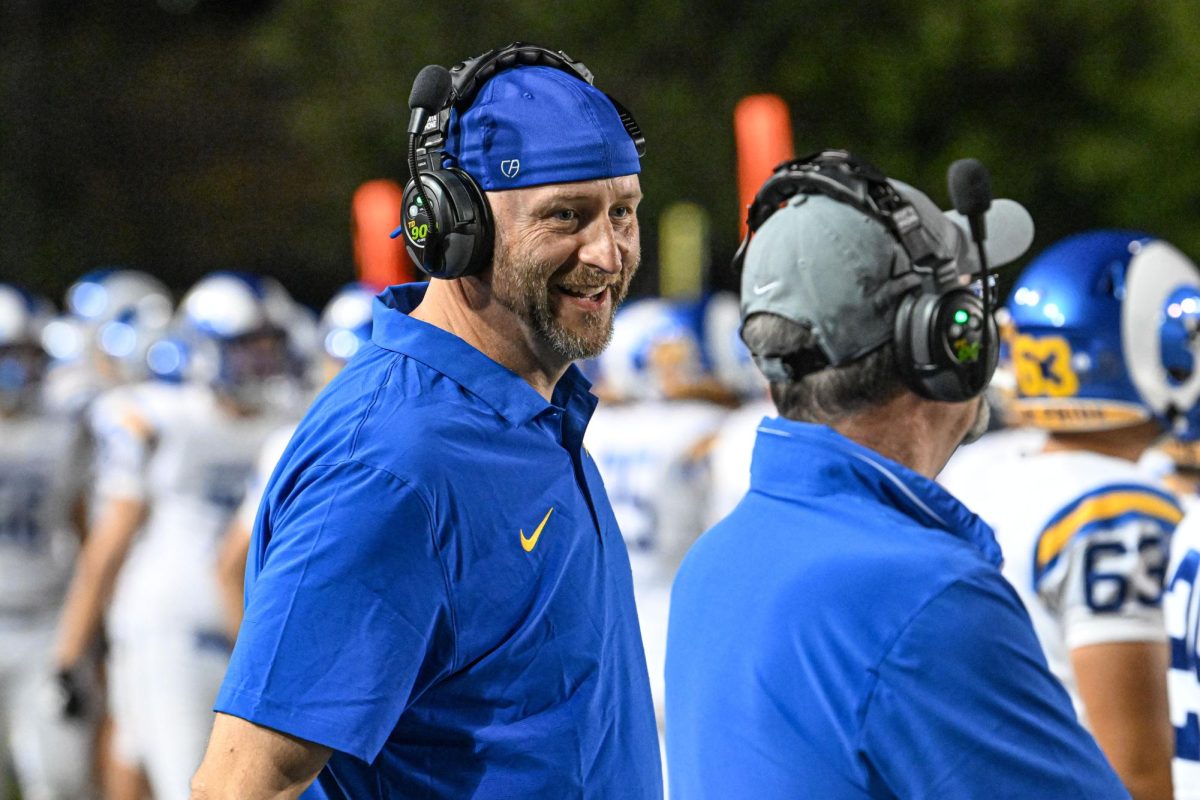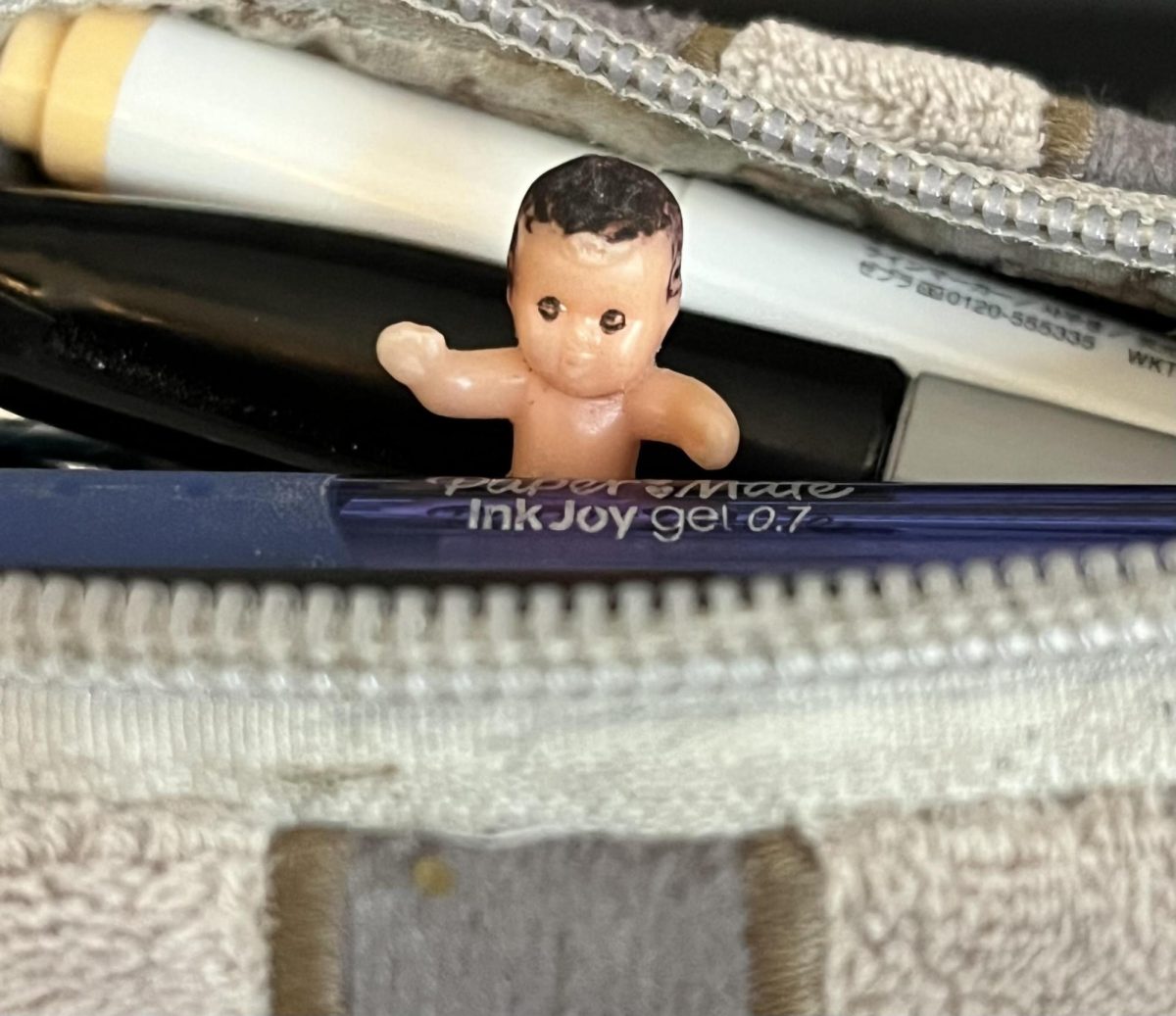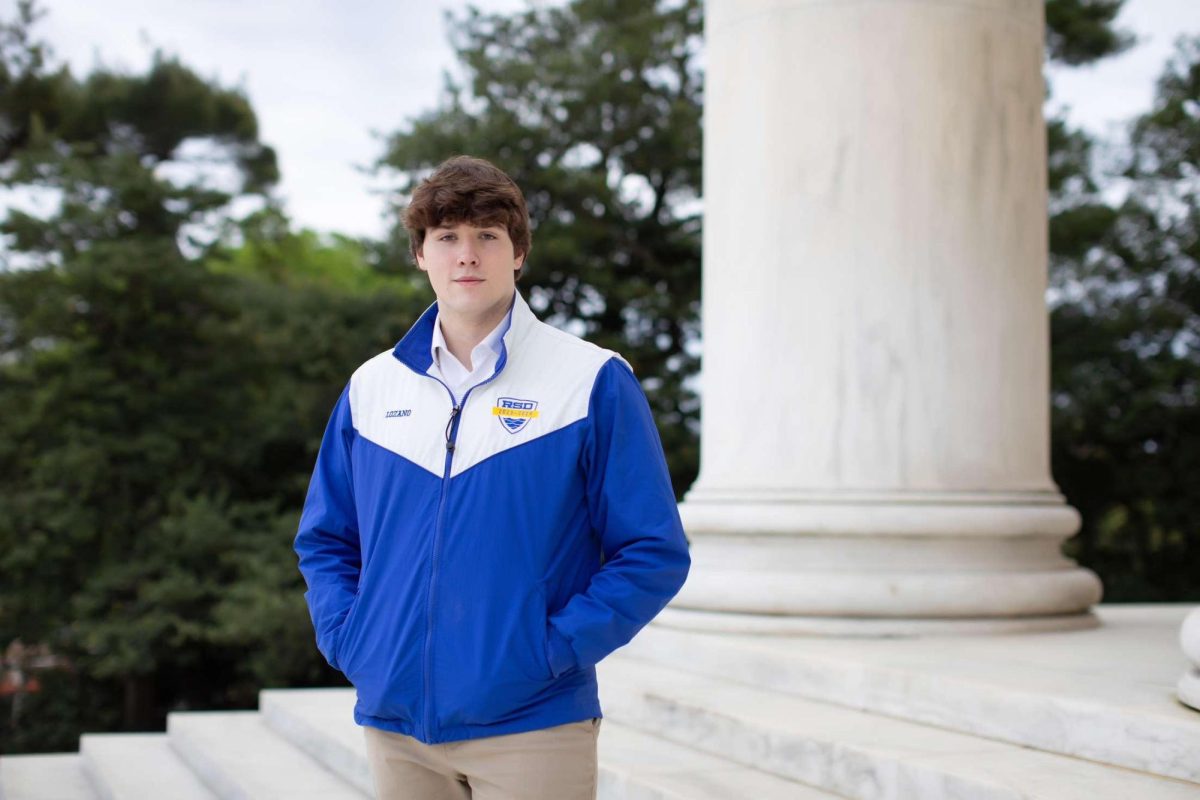Keeping in line with the trend of harsher school-wide policies, Robinson administrators removed the universal brain break for highschoolers and altered the break for middle schoolers for the 2024-45 school year. Before its removal, the brain break served as not only a way for students to spend quality time with their friends, but also as a time to get work done and get questions answered. Its removal serves to contrast the phone policy; while the phone policy aimed to socialize students, the removal of the brain break aimed to distance them as to prevent conflict. How effective was the removal of the brain break in its goal to distance students at Robinson?
Why was it removed?
According to Principal Tracey Phillips, there were many problems associated with the brain break, “The biggest issue is we just had more discipline problems during that time because there were a lot of students in a lot of different places, and there was not enough adult supervision, particularly in our bathroom areas and in the middle school.” However, she does acknowledge that, “It’s unfortunate but… my biggest thing always is student safety and making sure that we provide the best learning environment for all kids, and so it’s unfortunate to me that a small portion make poor choices and ruin things for the majority of the student body.”
Student infractions, particularly among middle schoolers, has been a growing problem at Robinson. According to Phillips, “I don’t know if there’s data out there to support that or research to support that, but it certainly is a difference in the behavior; right now, if you walk by the cafeteria during middle school lunch, the atmosphere is significantly different than the atmosphere during high school lunches. I mean, the volume alone tells you which lunch is happening, and I think just the maturity of the middle school, they often are not able to handle extended periods of unstructured, unsupervised time.”
In a report from February 20, 2023 from the FCPS Office of Intervention and Prevention Services, student infractions have increased by approximately 54 percent since the 2021-2022 school year. The number of “minor physical altercations” have increased from 1069 in the 2021-2022 school year to 2048 in the 2022-2023 school year countywide; in Robinson, according to the VDOE, there were 1336 general infractions in the 2023-2024 school year.
Many of the middle schoolers were in second grade during the pandemic – a key time where students learn how to manage their emotions. According to a paper written by researchers at Loyola Marymount University, early elementary school students missed out on cognitive, social, and emotional development, as well as future learning due to the COVID-19 pandemic. Due to their disengagement with distance learning, students were unable to properly develop these key skills. According to a poll conducted by the EdWeek Research center, almost 80 percent of teachers in 2022 believed that their students were less mature. The same second graders who potentially missed out on the development of these key skills are now seventh graders today.
The brain break, or recess, was initially enacted in 2022 and mandated by the school board for middle schoolers. According to Phillips, “We thought the easiest way to do that [implementing the brain break] would be to build it into the schedule so that all students at Robinson would get the same 15 minutes, instead of trying to stagger a recess like they do in elementary school.” According to ABC7, middle schoolers were able to take a break and destress, becoming better workers and learners.
However, counselor Diana Glakas believed that the removal of the brain break actually improved the mental health of students, as she said, “I think it is actually improving our students mental health because that 15 or 20 minutes; it was hard to supervise 2700 kids. I think as the break has went away, there’s not as much room for behavior problems or conflict with peers, or the loud noises that sometimes affect students.” She continues, “I do see the benefit of the brain break of kids having 15 or 20 minutes to decompress from their first period, but I think we’re seeing a bigger benefit from not having the brain break.”
Considering the pandemic, Glakas said “I think the brain break served its purpose, like during COVID and after COVID for a short amount of time, but I think the way we’ve organized the bell schedule this year is setting kids up for success.”
Yet, according to American University, with recess, students – even highschoolers – are able to learn how to resolve conflicts, develop critical social skills such as empathy and, most importantly, distress. When high schoolers at Montpelier High School implemented a 15-minute recess period – similar to our brain break but included yoga, meditation, frisbee, basketball, art and other activities, communities among teachers and students were able to be built and reinforced, according to Edutopia. Students could even walk around the school grounds outside, knit, play soccer, workout, or even theater improv. Teachers found that students became more calm and focused after their implementation of recess.
What do students think at Robinson?
For many students, the removal of the brain break was devastating. According to senior Ella Osborne, “When I first heard about the removal of the brain break, I was so upset- and it’s not just because 15 minutes of not doing anything, but we already have such little autonomy in the school and it felt like taking away something that actually made school enjoyable.” Expanding on its effects on autonomy, Osborne said, “I feel like it takes away a lot [of autonomy]- Our school, especially this one that’s so loudly focused on students’ mental health; it’s taking away one of the few things that students actually found beneficial to their mental health, and it’s removing even more choice of what you can do during passing periods. It’s kind of disrespectful.”
Before its removal, students benefited greatly from it. Osborne said, “I was able to talk to friends that I didn’t get to talk to before- like I had a lot of friends in classes that we didn’t have together, and we could just have like 10-15 minutes to talk about classes and just general life stuff.” It also served as a break from the grind of school, as Senior Jordan Worth said, “We’re like, school is just like hour after hour after hour after hour of just work, work, work and the brain break was like sort of a stretch of time when we were actually able to sort of just take a breath and like, let the last class sort of float away from our mind- and then we can go to the next class feeling refreshed and all that.”
Osborne also said, “The brain break was so beneficial for mental health because you got to separate school and friendships in a way. Like, you got those few extra minutes to talk to your friends, and communicating is such a big part of mental health.”
With its removal, students are left without a genuine time to reconvene and connect. According to Glakas, “I’ve heard a lot of feedback on how it’s impacted friendships; I do hear students wishing that they had more time to connect with their friends during the day and that brain break was a really good opportunity for friends to touch base for 15 minutes.” She also believed that “we have other points in the day between passing period between raise, lunch; there are times where students can continue to build relationships.”
Yet, according to Osborne, “when they take that away and you’re back to focusing just on getting to class and you know, going throughout the school day takes away a lot of the joy of school, like the social experience, and that’s so impactful on mental health.” Furthermore, Principal Phillips said, “I recognize and understand that students enjoy that time to socialize, and sometimes the seven minutes between passing time isn’t enough to do that.”
The removal also limited feelings of happiness associated with school, as Worth said, “When you’re seeing like brochures for schools; showing friends together and they’re always chatting and having fun- I feel like we don’t really get that that much in school so this [the break break] was sort of a way to sort of like, connect our own personal, like, feelings of happiness and feelings of connection with the school that we were in and so taking that away just also sort of takes that away.”
According to Osborne, “I still think that if we can’t have a brain break, then we deserve at least another privilege, like the brain break of itself is a privilege. And seniors, now we have senior chill – but that’s during a working period. I feel like we deserve at least a brain break for a couple of minutes to just reconvene and be with our friends and not [be] solely focused on school work.”
Yet, brain breaks were removed in the aim of keeping Robinson safe, as according to Phillips- “I think sometimes it’s unfortunate but my biggest thing always is student safety and making sure that we provide the best learning environment for all kids and so it’s unfortunate to me that a small portion make poor choices and ruin things for the majority of the student body.”
There is a low, if not a zero chance of the brain break returning as well, as Principal Phillips said, “I think right now, you know, we are still implementing the school board mandated recess in middle school, but it’s built right into before their lunch period and so their teachers are supervising smaller groups, and so we’re able to manage student behavior and expectations in that setting…I don’t just see a way for us to build it back in for only high school and not middle school.”
Though, there are some potential solutions Robinson could consider. Unlike Montpelier High School, Robinson didn’t have many activities available for students to do during the brain break. According to Edutopia, physical exercise like sports allows for “improved attention and memory, increased brain activity and cognitive function, and enhanced mood and ability to cope with stress.” Most high schoolers, after sophomore year, do not have physical education in their schedules; many high schoolers also don’t participate in a sport either. Giving an opportunity for high schoolers to destress through exercise like playing basketball can not only benefit them physically, but also keep them away from crime and drug use, according to the United Nations Office on Drugs and Crime.
Furthermore, recess could also be staggered according to the lunch schedule to help with the supervision issue. If recesses were staggered, it would mean less students to supervise. Though, if Robinson could hire more administrators to supervise recess, perhaps brain breaks would not have to be staggered, allowing all students to interact with each other regardless of schedule. This solution, of course, would be difficult to implement as it would require the school to hire additional staff.
While the removal of the brain break has meant the loss of socialization between students, as well as opportunities to destress, it has also meant the reduction of conflict. It is unlikely that the brain break will return soon at Robinson, meaning that students will lose out on a lot of opportunities to build on their friendships, getting help from their teachers, or even simply destress. As of the 2024-25 school year, the long-term effects of its removal are unclear. However, it is likely that students may become more unfocused and stressed compared to previous years with the break. While the phone policy aimed to socialize students, it seems as if the removal of the brain break worked against that aim of socialization in order to prevent conflict.



